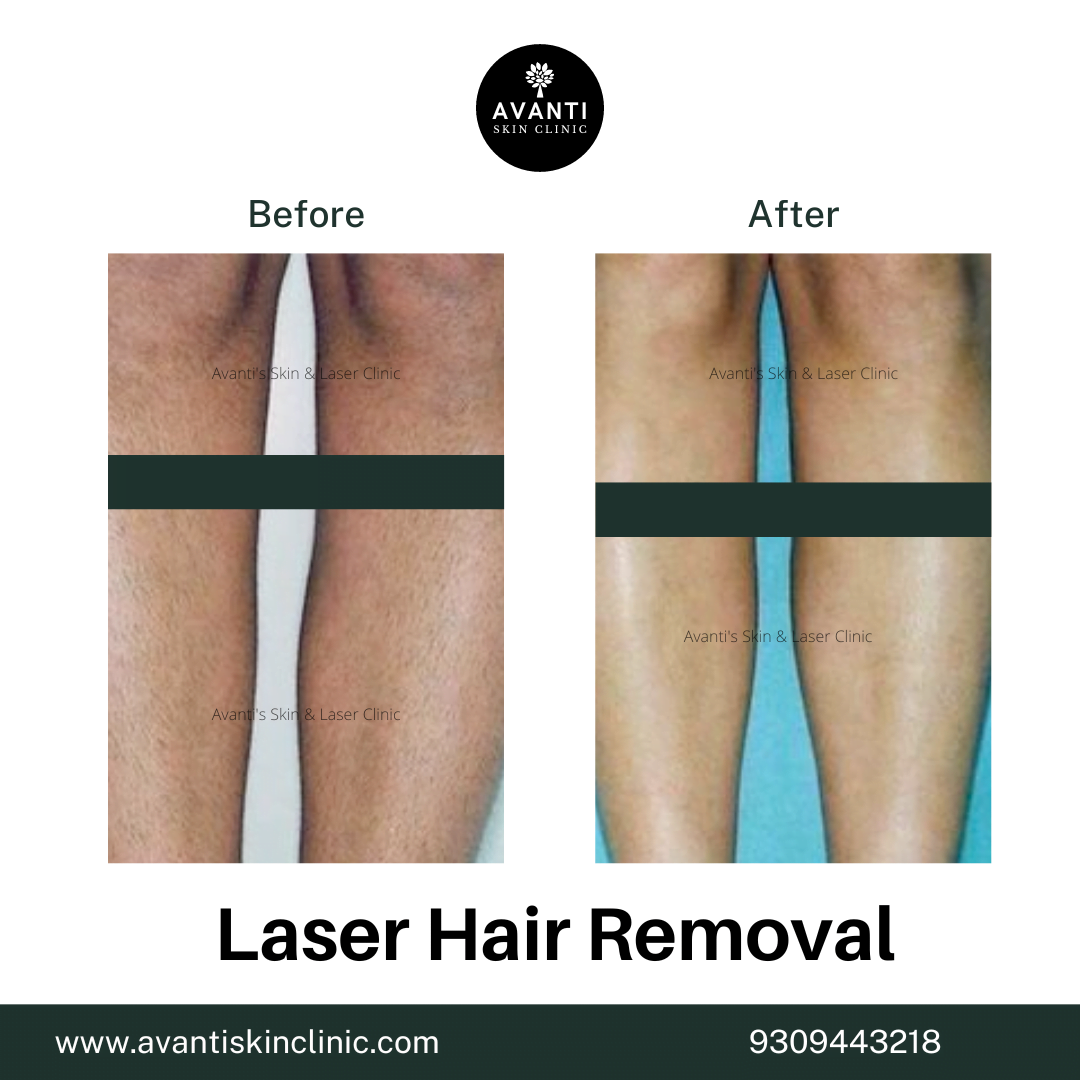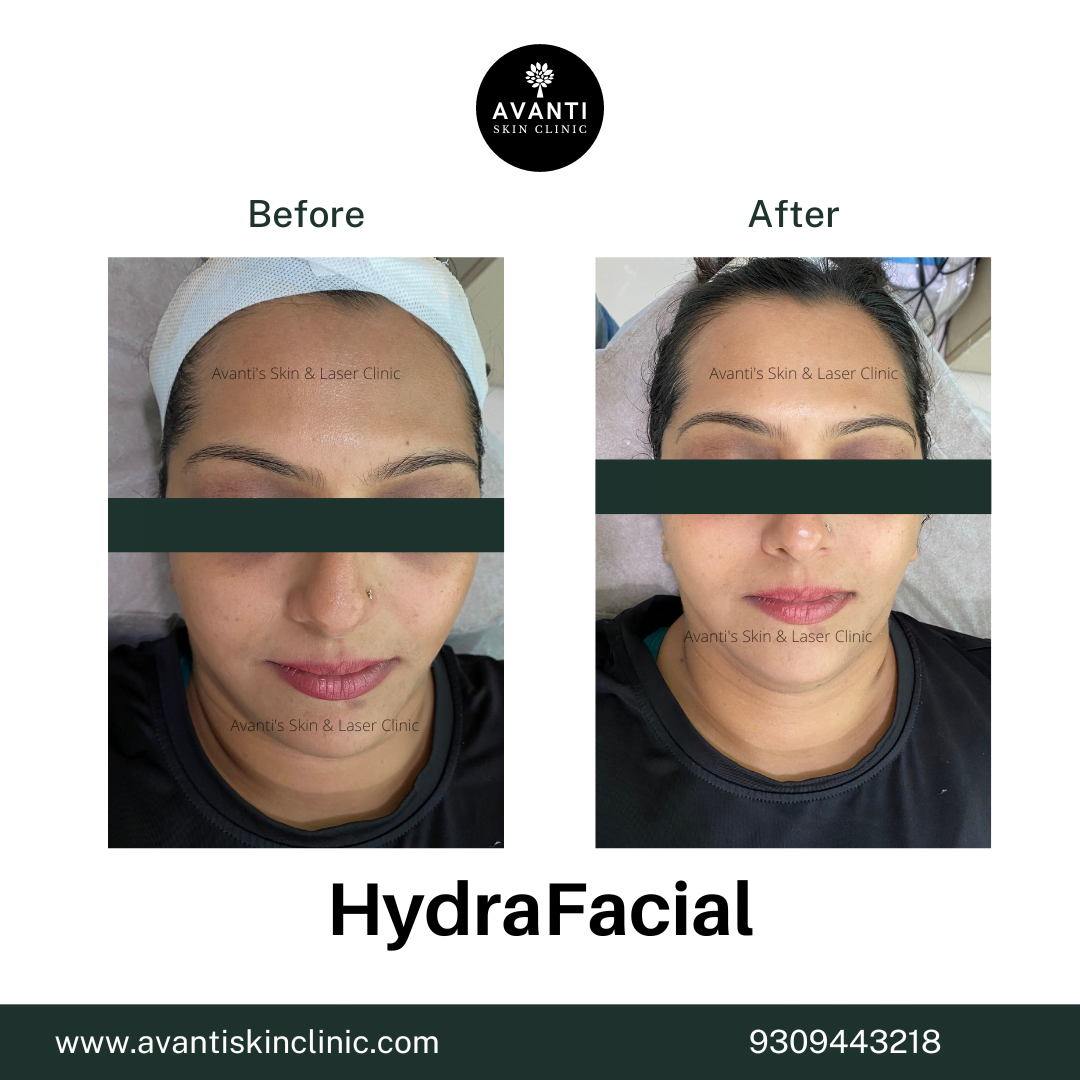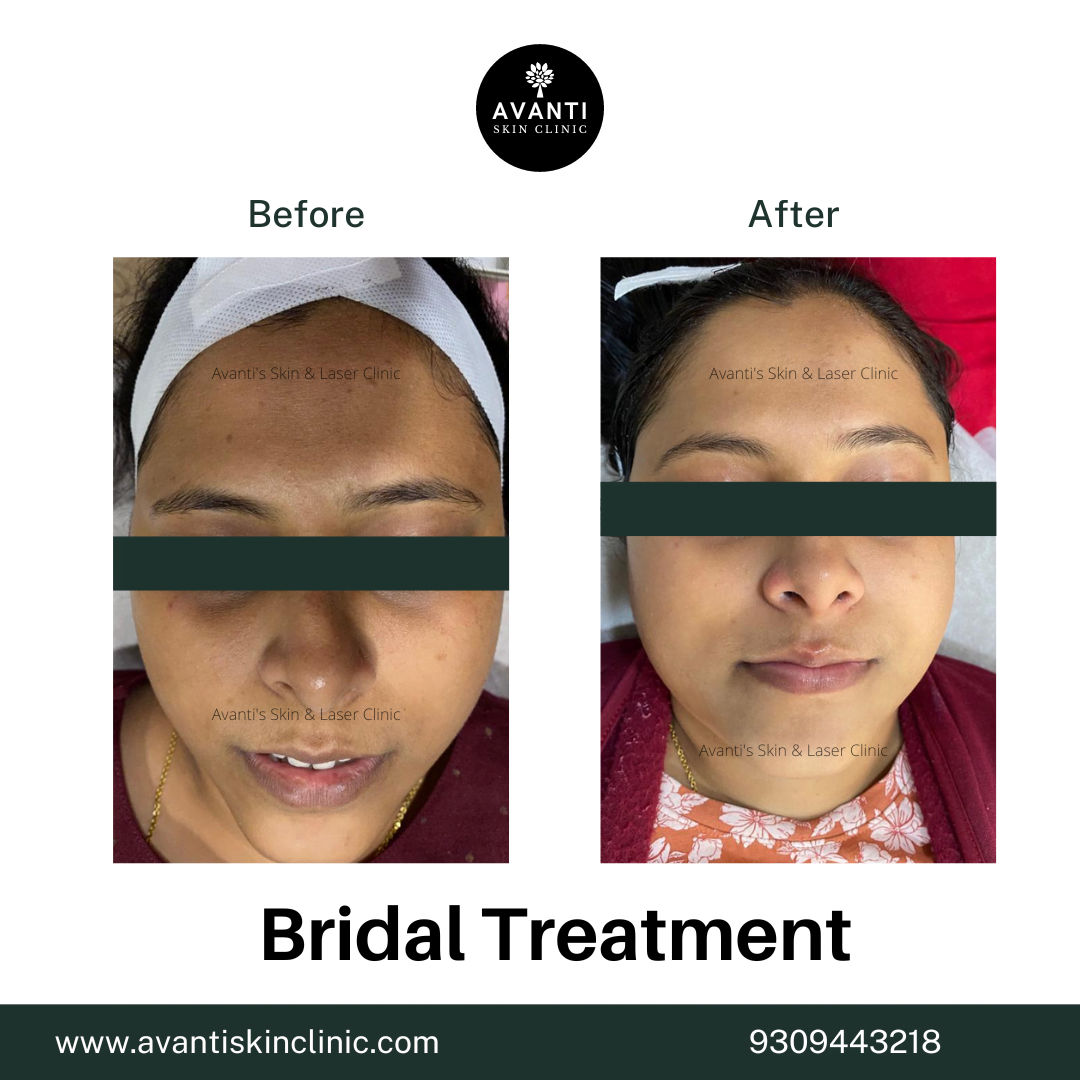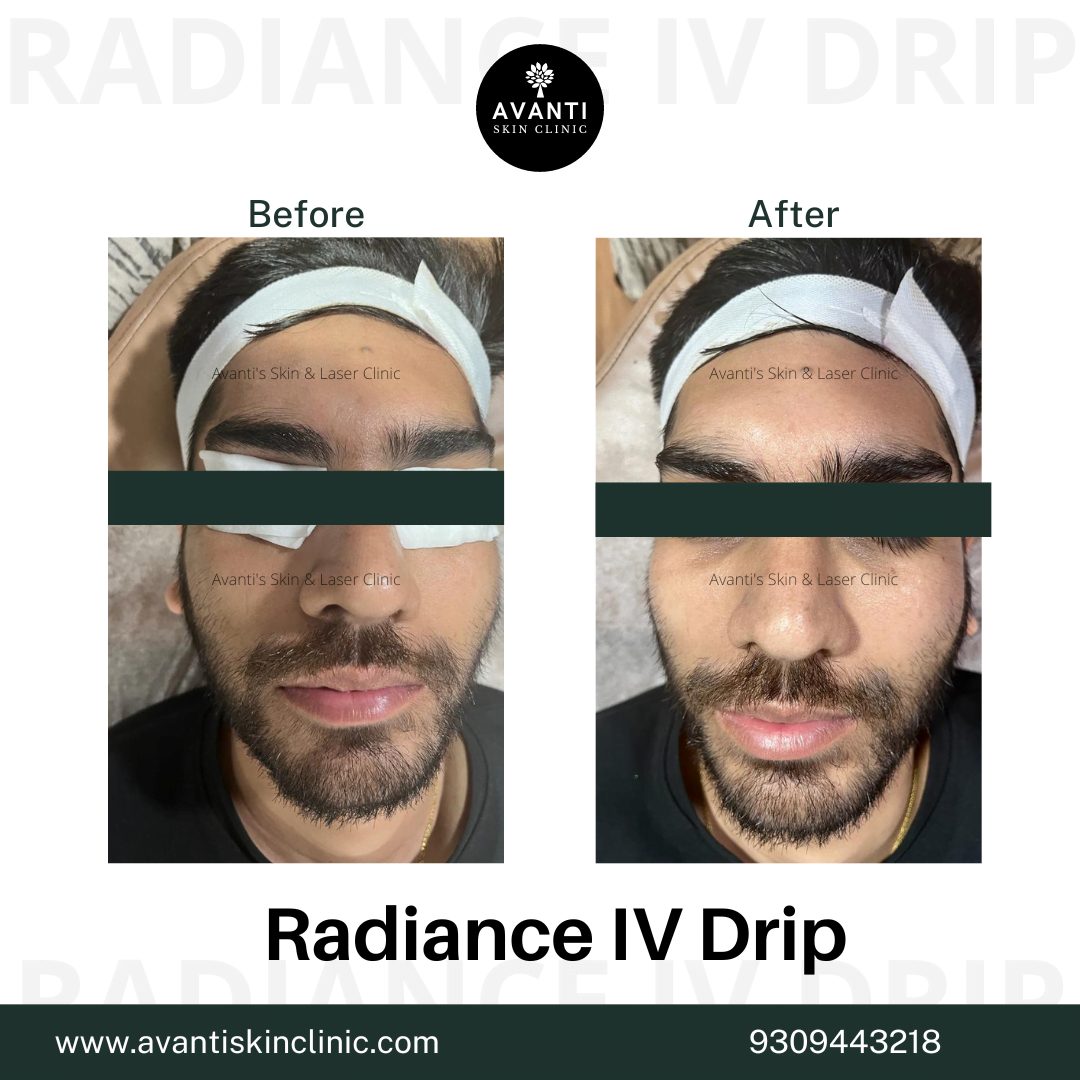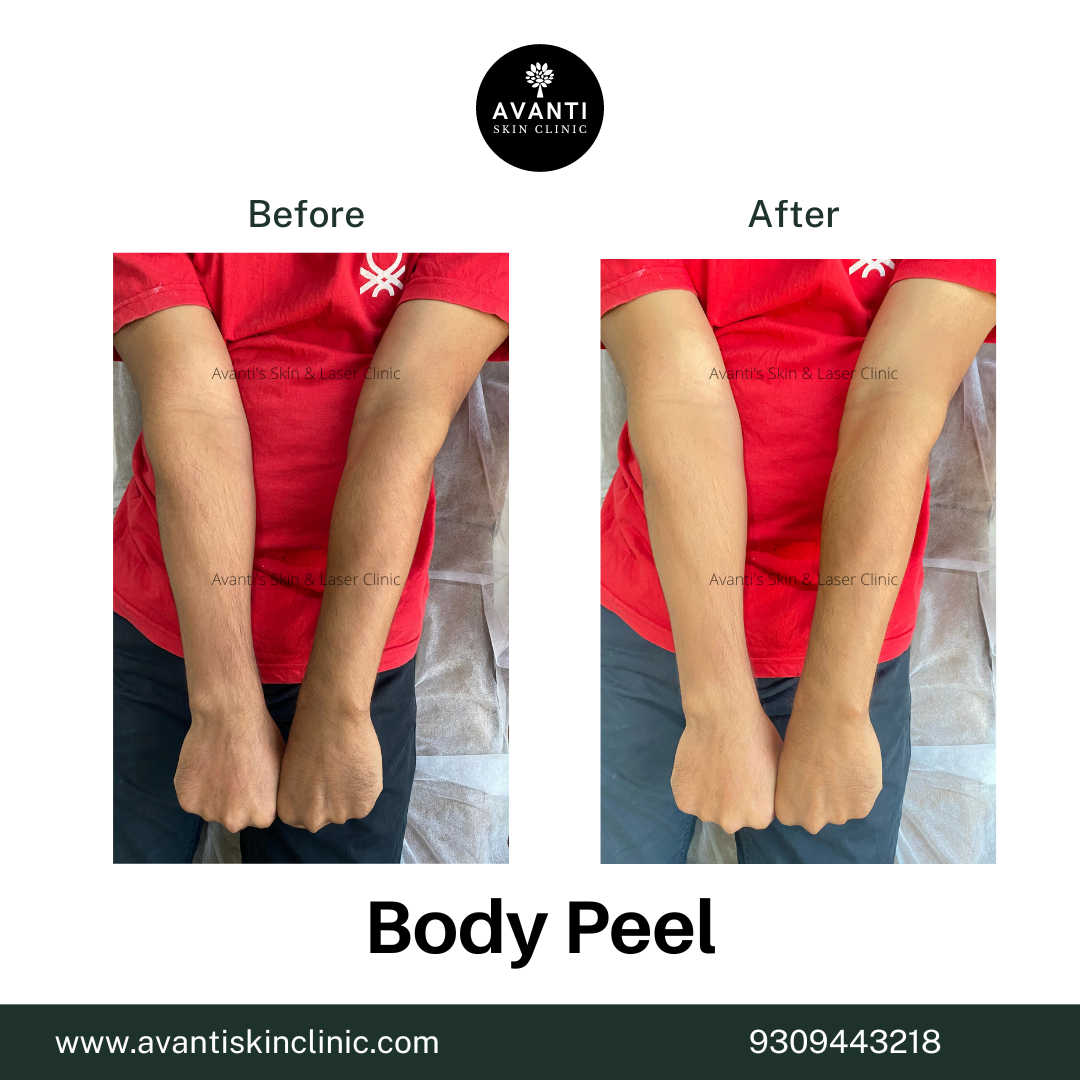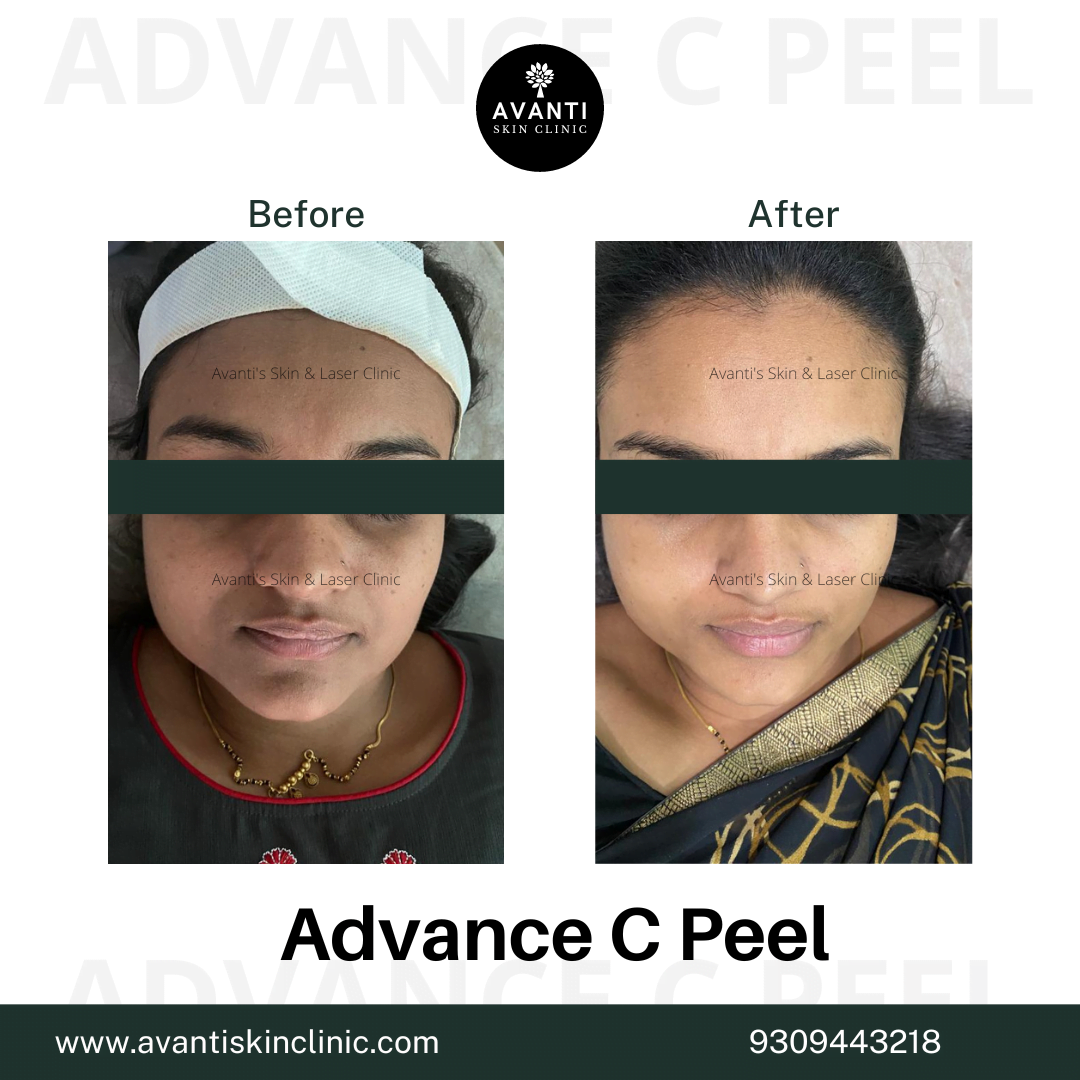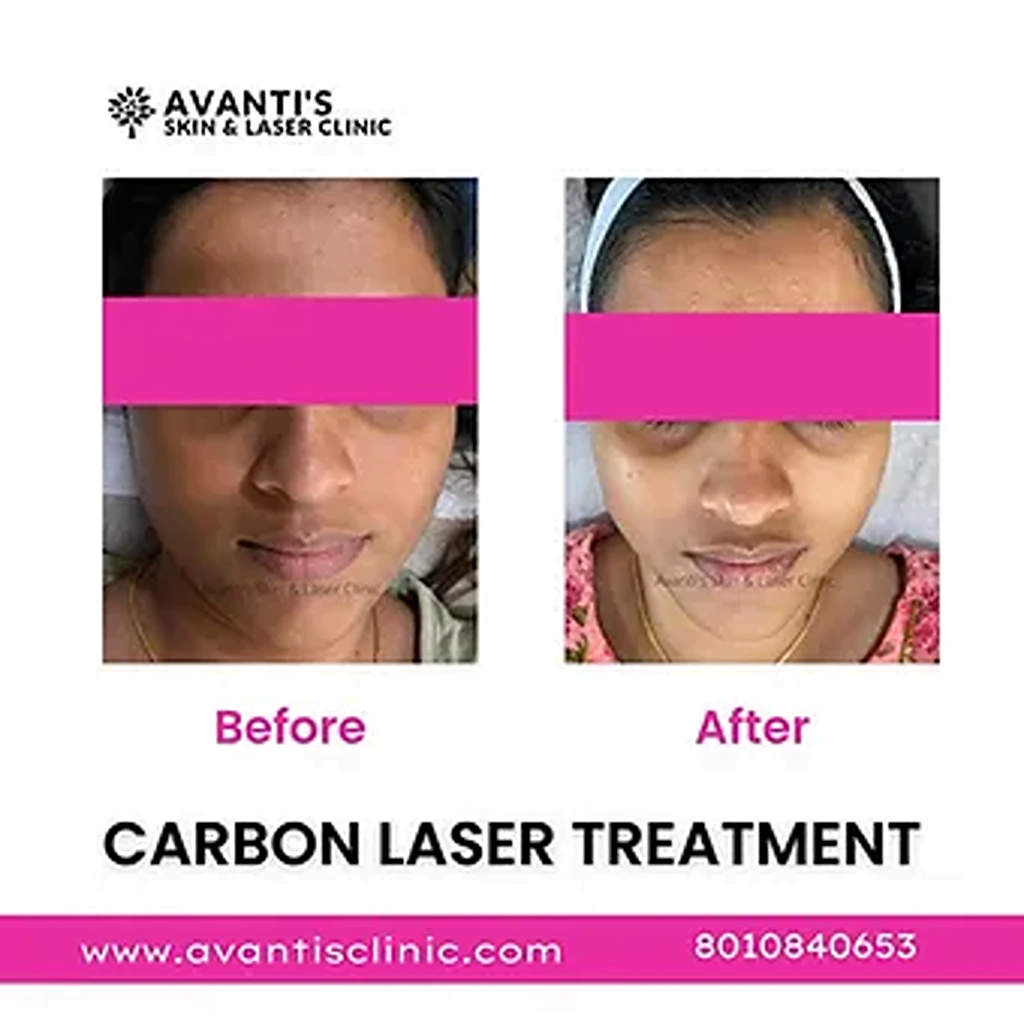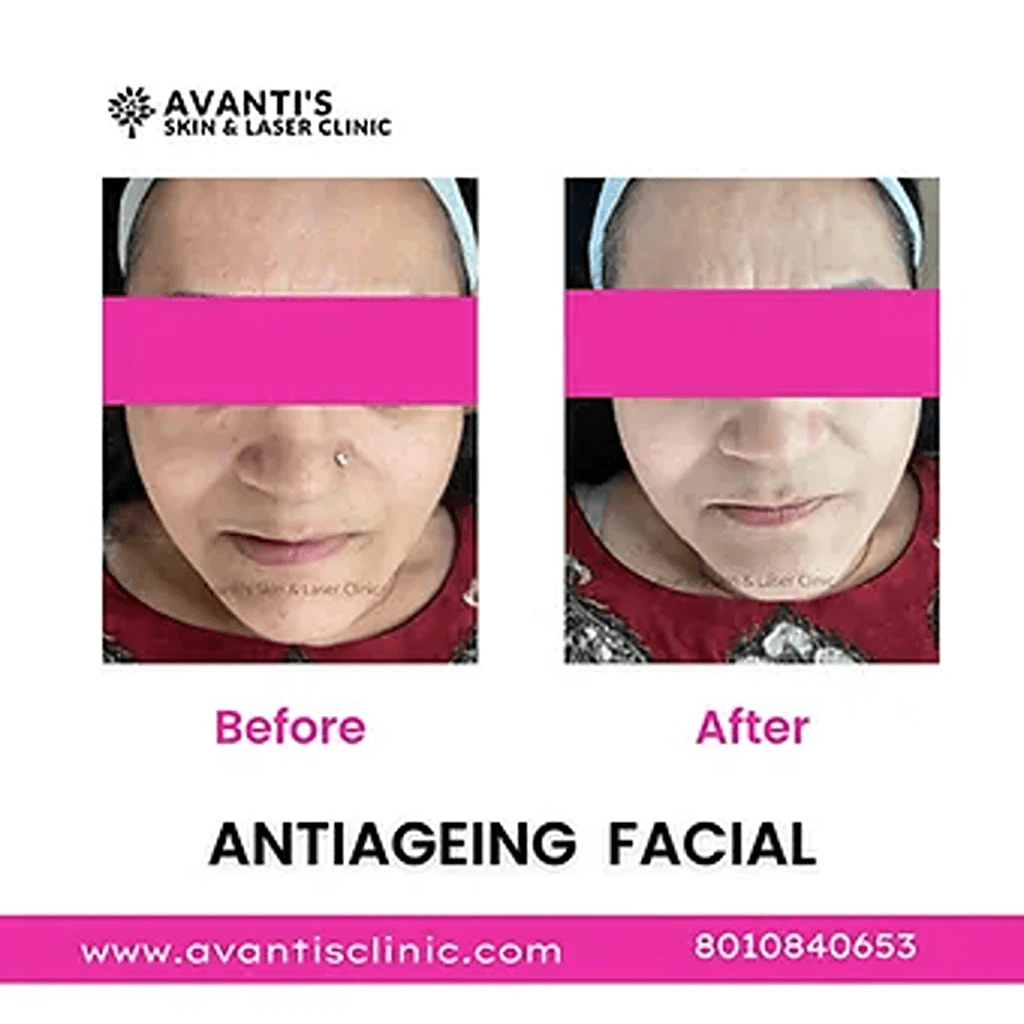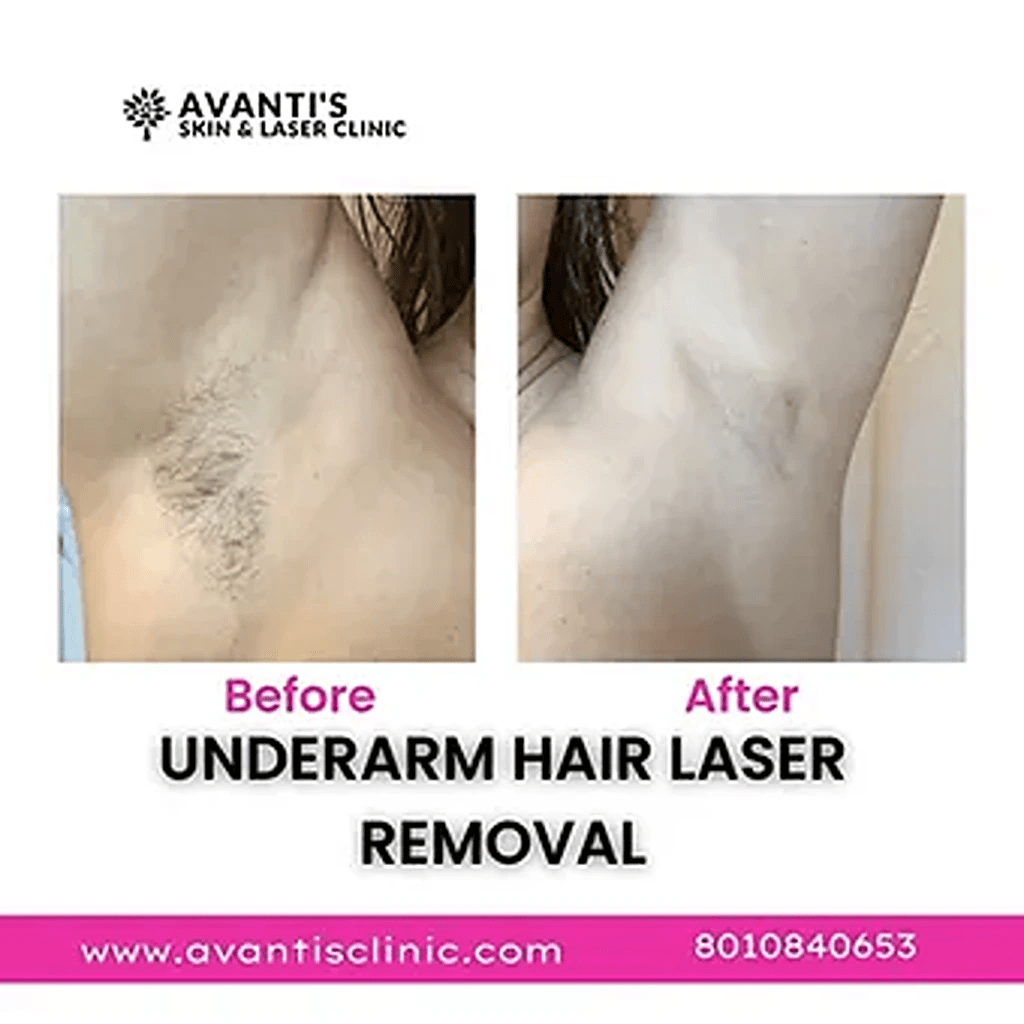Introduction to Acne
Oil buildup and dead skin cells clog your hair follicles, causing acne. It results in pimples, blackheads, or whiteheads. Although acne affects people of all ages, it is most prevalent among teenagers. The most common acne symptoms include red bumps on your skin, itching, scarring, redness, blackheads, etc.
Acne can be chronic, but there are effective treatments available. Slowly, the pimples and bumps heal, and as soon as one starts to disappear, more seem to appear. While there has always been a controversy on the causes of pimples, many relate it to food, hormonal imbalance, or environmental factors.
Acne can damage the skin and create emotional distress, depending on how severe it is. The earlier you begin treatment, the less likely you are to experience these issues.
What is Acne?
Acne forms when microscopic holes on the skin’s surface clog. We refer to these holes as pores.
- A follicle usually occurs from each of these pores. A hair and an oil gland are found in a follicle. The gland’s secreted oil maintains your skin supple and aids in the removal of dead skin cells.
- A combination of skin cells and oil can clog the glands. The obstruction is referred to as a comedone or plug. A whitehead occurs when the plug’s top turns white. If the top of the plug is dark, it is referred to as a blackhead.
- The body’s immune system may react to microorganisms that get stuck in the plug, resulting in pimples.
- Cysts that are firm and painful might be caused by deep-skin acne. We refer to this as nodulocystic acne.
Types of acne, their symptoms & what causes them
Whiteheads
- Symptoms: Small, flesh-colored, or white bumps under the skin.
- Causes: Clogged hair follicles due to oil, bacteria, and dead skin cells trapped beneath the skin surface.
Blackheads
- Symptoms: Small, dark spots on the skin’s surface.
- Causes: Blocked pores open at the surface, with sebum oxidizing upon exposure to air, causing a dark color.
Papules
- Symptoms: Small, red, inflamed bumps that feel tender.
- Causes: Inflammation in clogged pores, often from excess oil or bacterial infection.
Pustules
- Symptoms: Red bumps with a white or yellow center filled with pus.
- Causes: Inflammation and bacterial growth in pores leading to infection.
Nodules
- Symptoms: Large, painful lumps under the skin.
- Causes: Deep inflammation in clogged pores, often hormone-driven.
Cysts
- Symptoms: Large, red, painful bumps with pus deep in the skin.
- Causes: Severe infection, often hormone-related, that can scar if untreated.
Treatment options
When it comes to treatment options, there are plenty of paths you can take. If you wish to get rid of pimples in an assuring manner, do get in touch with Avanti Skin Clinic. Our specialized acne treatments are designed to target the root causes of acne, helping you achieve a smoother, blemish-free complexion. With expert care from Dr Avanti Pedamkar, Pune’s renowned dermatologist for acne, you’ll experience a personalized approach tailored to meet your skin’s unique needs. Our team help diagnose the most common acne symptoms and provide apt treatment options as per the individual needs.
Conclusion
Explore our innovative treatment options, from chemical peels and laser therapy to advanced extraction and LED treatments, all aimed at reducing acne and rejuvenating your skin. Say goodbye to acne and hello to confidence! Book your consultation today and take the first step towards the skin you deserve. Contact us at +91 9309443218 or visit us at Shop No 5, Stellar Enclave, Aundh, Pune, for effective, results-driven acne treatment.
Frequently Asked Questions
Yes, stress can trigger the release of hormones like cortisol, which increases oil production and may worsen acne.
Yes, genetics play a role. If your parents had acne, you may be more likely to develop it as well.
For some people, high-glycemic foods, dairy, and sugar may exacerbate acne, though the link between diet and acne varies from person to person.
Certain makeup products can clog pores, leading to acne, especially if they’re not non-comedogenic or if makeup isn’t removed properly.
Acne specifically involves clogged pores and inflammation, while other skin conditions, like eczema or rosacea, have different triggers and characteristics.
No, acne can affect people of all ages. Adult acne is common and may be triggered by factors like stress, hormonal fluctuations, or skincare products.
Avoid picking or popping pimples, use sun protection, and treat acne promptly to prevent scars. Certain treatments, like chemical peels and laser therapy, can also reduce scarring.
Yes, products with ingredients like benzoyl peroxide, salicylic acid, and alpha hydroxy acids (AHAs) can help control acne and reduce breakouts.
Yes, high progesterone symptoms and acne are common flare-ups. Progesterone increases oil production, clogging pores and causing breakouts, which is why some people experience worse acne during hormonal changes like pregnancy or certain phases of their menstrual cycle.
Fungal acne symptoms usually include itchy, small bumps that look uniform in size, unlike bacterial acne, which may feature blackheads, whiteheads, or larger pimples. Fungal acne doesn’t respond well to typical acne treatments, so antifungal medications are often recommended.

